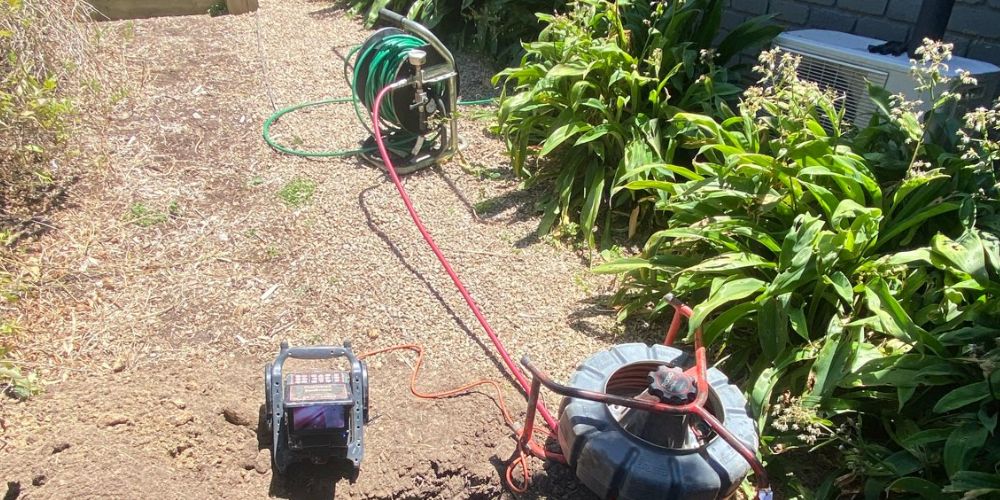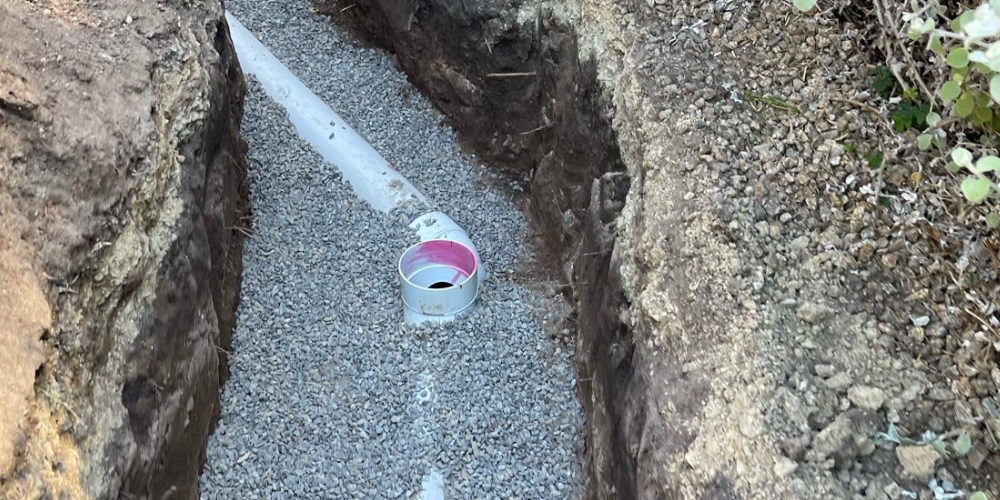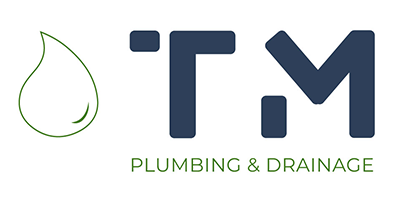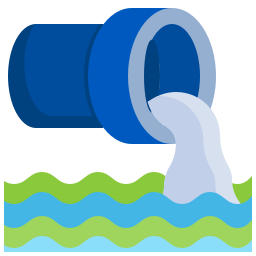10 Emergency Plumbing Tips to Minimize Damage Before Help Arrives
It’s midnight, and you wake up with a big splash of water from a broken pipe—every homeowner’s nightmare. We’ve all been there, desperately trying to figure out how to stop the flooding while simultaneously praying that our DIY plumbing skills magically kick in.
Let’s face it—plumbing problems don’t wait for a convenient time to strike. We have been in this industry, providing plumbing services for almost two decades now, and believe me when I say that emergency plumbing is our bread and butter. Over the years, we’ve seen it all—burst pipes, stubborn clogs, and water heaters that decide to retire mid-winter.
They have an uncanny ability to unleash chaos when you least expect it, leaving you scrambling for a solution.
So what’s the best thing to do when this unfortunately happens? Panic may be the first instinct, but a calm and collected approach can make all the difference.
In this guide, I’m dishing out ten emergency plumbing tips to help you stay afloat amid a waterlogged crisis and minimise damage to your home.

What are Considered Emergency Plumbing Issues?
Emergency plumbing issues can vary in severity, but they generally involve situations requiring immediate attention to prevent extensive damage to your home and property.
Here are some common plumbing problems that are considered emergencies:
Burst Pipes
A burst pipe is like a plumbing nightmare come to life. It can happen due to freezing temperatures, ageing pipes, or excessive water pressure. The sudden discharge of water may cause significant property damage if not addressed promptly. Locate the water shut-off valve immediately to minimise the impact.
Clogged Drains and Toilets
Stubborn clogs can cause a complete halt in household activities. These issues can escalate quickly, whether a backed-up toilet or slow-draining sinks and showers. Overflowing water can damage floors and ceilings, and unpleasant odours may accompany the mess. Attempting to plunge or use a drain snake may help, but professional assistance is often needed for persistent clogs.
Water Heater Malfunctions
Finding out you don’t have any hot water can transform a normal day into an icy struggle. Water heater problems can range from leaks and unusual noises to a total absence of hot water. Given the potential dangers of gas or electric water heaters, addressing these concerns is critical as soon as possible. The culprits could be a lack of maintenance, silt buildup, or a broken thermostat.
Leaking Fixtures
Leaks from faucets, showerheads, or plumbing connections may appear insignificant initially, but they can contribute to wasted water and water damage over time. Your water bill may also rise as a result of the continual dripping. These problems are frequently resolved by tightening connections or replacing worn-out parts.
Sewer Line Backups
A backed-up sewer line is a nasty and perhaps dangerous situation. It can cause sewage to go back into the house’s toilets, sinks, and drains. This problem frequently implies a blockage or damage to the main sewer line and necessitates prompt treatment from a skilled plumber to avoid further contamination.
Frozen Pipes
Frozen pipes are a common winter problem in colder climates. When water freezes inside pipes, it expands, potentially causing cracks or bursts. It is critical to thaw frozen pipes and insulate them against future freezes to avoid water damage and costly repairs.
Gas Leaks
Because of the accompanying safety dangers, gas leaks are emergencies that must be addressed immediately. To help detect leaks, natural gas is infused with an odour reminiscent of rotten eggs. If you smell gas, immediately leave the area, avoid using electrical devices, and contact the gas company and emergency authorities.

10 Tips On How To Deal With Emergency Plumbing Issues Before Calling for Help
You’ve just entered a plumbing disaster zone, and panic is threatening. Take a deep breath—I’ve got your back. Before you speed-dial your friendly neighbourhood plumber, here are ten tips on how to deal with emergency plumbing issues and minimise the chaos:
Tip #1: Find and Turn Off the Water Valve
Finding the main water valve might sound like a big deal, but it’s usually near where the water comes into your house. Once you find it, turn it off. This critical step is foundational in minimising the extent of the plumbing emergency.
Tip #2: Cut the Power
Switching off the electricity in the affected area is important. It’s like making sure there’s no chance of a shocking surprise. Safety comes first; we want to avoid sparks flying while dealing with the water situation.
Tip #3: Check the Size of the Problem
Take a moment to look at what’s happening. Is it a little drip or a full-blown flood? Understanding the size of the issue helps you decide what steps to take next. It’s like figuring out if you need a mop or a bucket.
Tip #4: Call the Pros
When things surpass your DIY skills, it’s time to bring in the professionals. And even though you are confident about what you can do, we still recommend that the experts check for any big or small damage. Plumbers are equipped with the expertise and equipment to handle any plumbing issue. trickiest plumbing puzzles. It’s like calling in a superhero for backup.
Tip #5: Contain the Water
Now, let’s stop that water from spreading. Grab whatever you can—buckets, towels, old rugs—and put them in the path of the water. The goal is to keep it from reaching more areas of your home.
Tip #6: Plumbing Tape for a Quick Fix
If you spot a small leak, reach for the plumbing tape. It’s not a permanent fix but a bandage for your pipes. Wrap it around the leak; it can hold things together until the plumber arrives.
Tip #7: Open Drains and Spigots
To give your plumbing a bit of relief, open up drains and outdoor taps. This action helps release some of the built-up pressure in the pipes. It’s like letting your plumbing take a deep breath.
Tip #8: Take Pictures for Insurance
Grab your phone and start snapping pictures and videos of the mess. It’s not just for memories; it’s like creating evidence for your insurance claim: the more details, the smoother the claim process.
Tip #9: Stop Pipes from Freezing
If you’re in a chilly climate, consider your pipes needing a warm hug. Wrap them with insulation material to prevent freezing. It’s like giving them a cosy winter coat to stay cold-free.
Tip #10: Keep a Handy Toolkit
Put together a simple toolkit with a wrench, plumbing tape, and a bucket. It’s like having a trusty sidekick for minor plumbing issues. When the little problems arise, you’re ready to tackle them until the professionals take over.
Frequently Asked Questions
If you can't reach a plumber immediately, call emergency plumbing services. Many plumbing firms provide 24-hour emergency service. Additionally, become acquainted with basic emergency plumbing procedures and gear to limit damage until expert assistance arrives.
Yes, a pipe repair clamp, rubber sheet, hose clamp, or strong rubber band can be used as a temporary patch for a burst pipe. However, these treatments are intended to alleviate the problem until a plumber can make a proper repair.
A plumbing emergency often occurs when immediate action is required to avert substantial property damage or to address safety concerns. Burst pipes, significant leaks, and sewer backups are typically classified as emergencies. Smaller problems, such as leaks or slow drains, can sometimes be resolved without quick professional assistance.
Regular maintenance is essential for avoiding plumbing emergencies. Schedule routine inspections, address minor concerns as soon as possible, and consider replacing obsolete plumbing equipment. In cold areas, insulate pipes and educate household members about correct plumbing procedures to minimise clogs and other problems.
Conclusion
So, the next time you encounter one of the emergency plumbing situations mentioned above, remember that staying calm and taking swift action can make all the difference. Plumbing mishaps may not wait for a convenient moment, but armed with the right knowledge, you can be the first responder your home needs.
In a plumbing emergency, quick thinking and decisive action can minimise damage and save you from future headaches whether it’s a busted pipe, a tough clog, or a leaky fixture. Dealing with the problem quickly and properly will make you a household hero.








